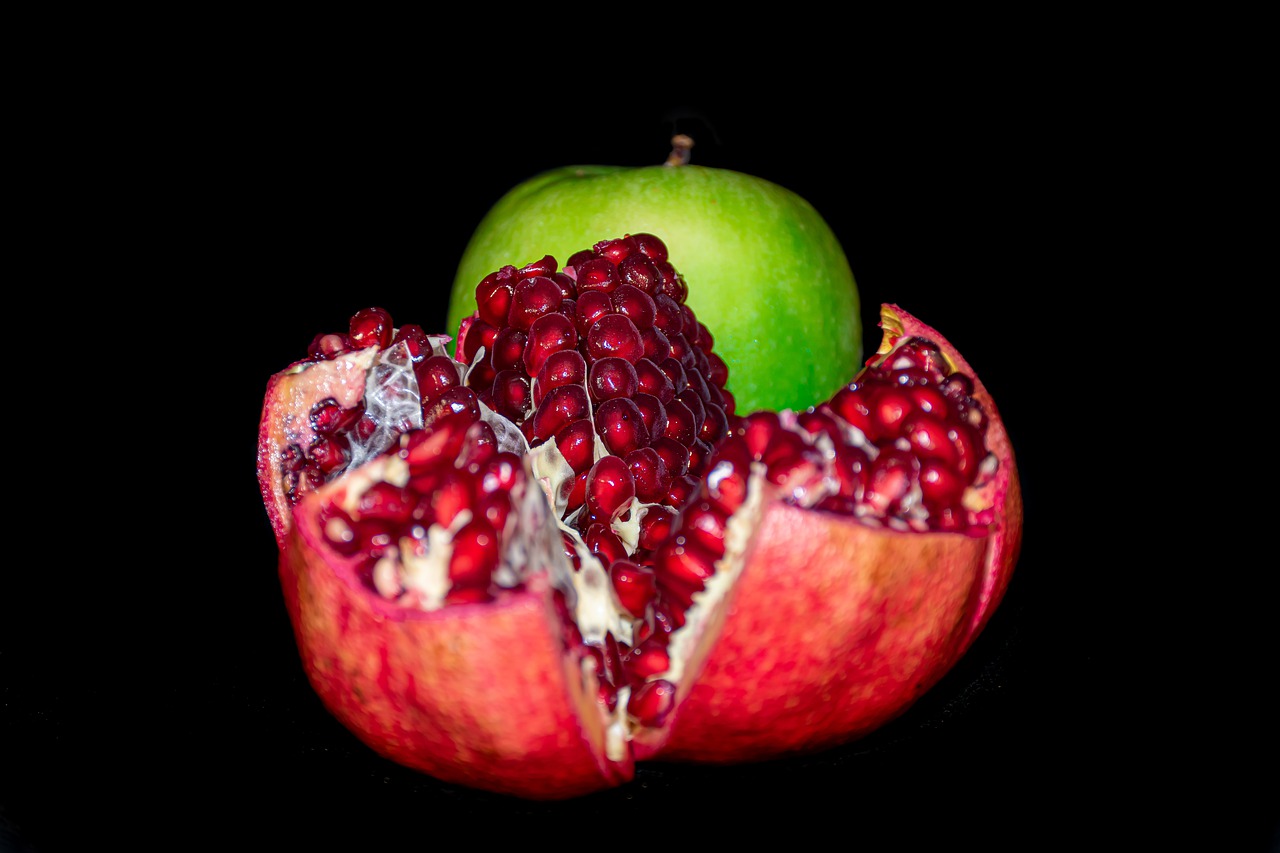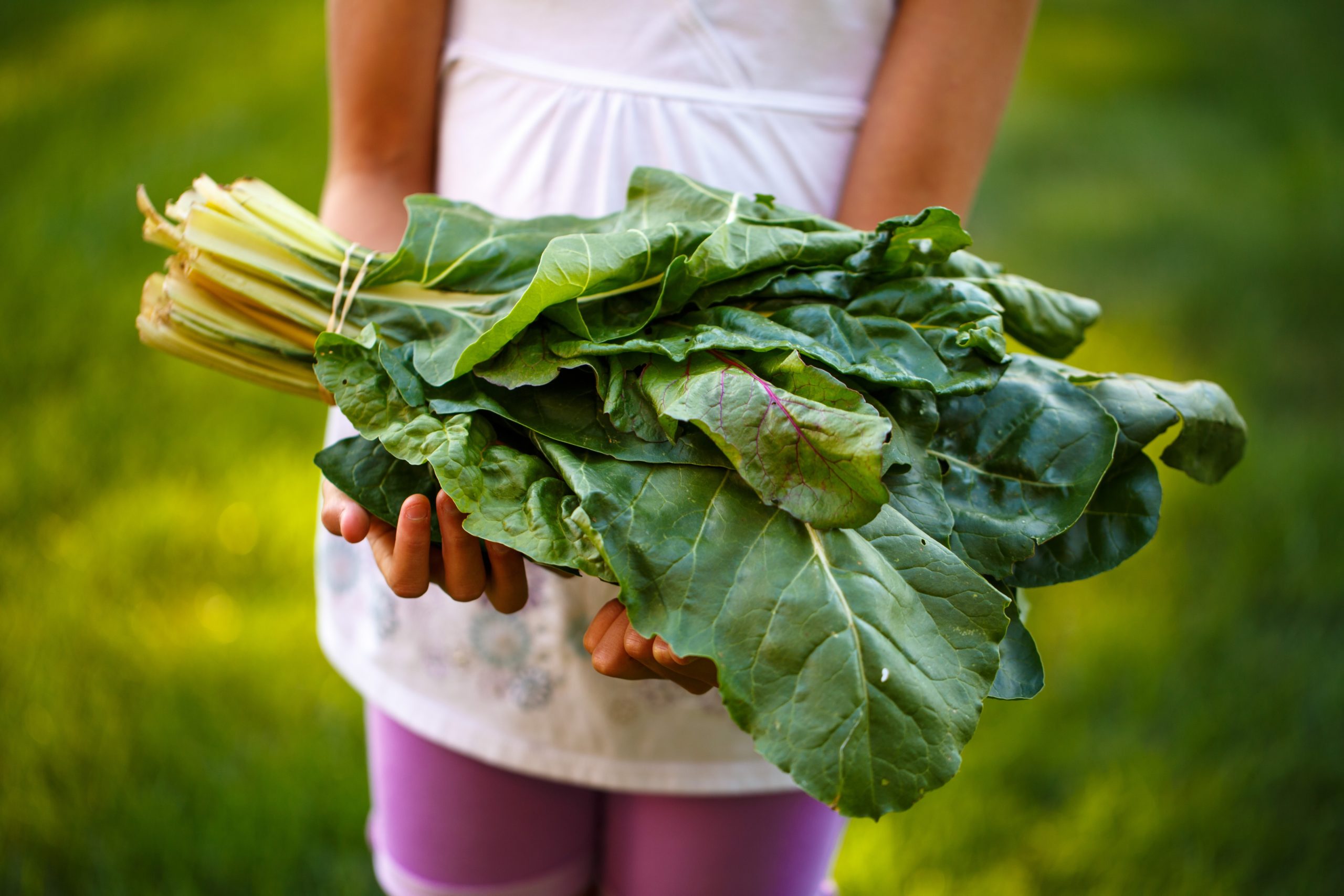I was an early adopter to being prepared for a possible pandemic. I bought sanitizing wipes, about 10 pounds of different kind of beans, brown rice, canned baked beans, canned tuna, frozen veggies and frozen fruit. My second round of shopping produced nuts, peanut butter, milk, and eggs, plenty of produce, and a *cork screw.
Fast forward 3 weeks. When I took my neighbor shopping (she was a late adopter), it was mayhem. But what I saw in people’s baskets was different from what I bought weeks ago. I was seeing LOTS of bottled water, instant noodles, pasta and other canned and non-perishable foods. I didn’t see people stocking up on beans, produce or canned or dried fruits. Surprising since the nutrients in those foods work synergistically to help you fight disease from within.
No conversation about boosting the immune system would be complete without talking about hydration and sleep—just as important as nutrition to keep your immune system healthy. The general guidelines are: men need about 15 cups of water and women need about 11 cups per day. (You get some of your fluids from eating your fruits and veggies.) Fluid keeps the tissue in your eyes, throat and nose moist and also hydrates skin—which are your two physical barriers to germs. If you don’t get enough sleep or good quality sleep, this can result in a decrease in infection-fighting antibodies and cytokines. Seven to eight hours of good quality shut-eye is the gold standard for adults, while teens need nine to ten hours and school-aged kids may need ten or more hours.
Eating to Boost the Immune System
Most people know that vitamin C is good for the immune system, which is why vitamin C supplements are nowhere to be found on supermarket shelves. However, vitamin C is just the tip of the iceberg when it comes to eating for immunity; many other nutrients are just as powerful. Next time you go shopping, put these nutrient rich, immune boosting foods in your cart:
Apples: As they say, an apple a day keeps the doctor away- not due to their vitamin C content, but rather due to flavonoid content, mainly quercetin, which is anti-inflammatory and also thought to have antibacterial and antiviral benefits. Other rich sources of quercetin include cranberries, asparagus, onions, shallots, red leaf and romaine lettuce.
Citrus fruits: Provide some of the best sources of vitamin C but also contain other nutrients. Grapefruit, oranges and tangerines are now in season. Some type of citrus is available year round, and have a long shelf life when refrigerated. Other Vitamin C produce include chiles, guavas, bell peppers (especially yellow and red), mustard greens, kale, kiwi, broccoli, brussel sprouts and papaya.
Sweet potatoes, pumpkin and other orange and green veggies:
Vitamin A, and of course it’s precursor beta-carotene, are crucial for the integrity of mucus membranes and for enhancing immune function. Sweet potato, pumpkin, carrots, spinach, tomato sauce, cantaloupe, red peppers, butternut squash and mango all provide a good to excellent source. Find a yummy and comforting Pumpkin Curry Soup recipe here.
Pomegranates/Cherries: They’re not quite in season yet, but the juice of these fruits are strong when it comes to fighting disease. Pomegranate helps the body fight both bacterial and viral diseases.
Sweet and tart cherries improve both the quantity and quality of sleep—a very important tool to keep you healthy. It has also been shown to decrease cortisol (a stress hormone) and reduce anxiety—which is definitely needed in times of crisis such as this. Cherries have many studied health benefits including decreasing oxidative stress and inflammation.
How to Eat: When it’s cherry season, eating 25 sweet cherries a day affected sleep within 3 days. Pomegranate and tart cherry juices are pricey—make it go farther by mixing 1-2 ounces with club soda or mineral water for a lively, non-alcoholic drink. Dried cherries are great in oatmeal, on your cereal or as a snack. Freeze pomegranate arils on a lined baking sheet and when frozen, put in resealable bag. Use in the off season in rice and other mixed dishes.
Honey: Put down that sugar bowl and grab a jar of honey—preferably locally produced. It’s been used medicinally for bronchial asthma, for throat infections and even for wound healing. Honey has anti-inflammatory, antimicrobial and antioxidant properties. Some research shows components in honey could reduce airway inflammation—important if you have a respiratory disease. Honey is especially good in coffee and tea—which of course can help you and your mucous membranes stay hydrated—another important tool to fight infection.
Garlic: Not only can eating garlic help you with social distancing, it may also help your immune system fight whatever is going around. Compounds in garlic have been shown to have antimicrobial, anti-inflammatory, anti-cancer and many other health-promoting effects.
Oils, Nuts and seeds: They’re known for vitamin E content, which is an antioxidant and also enhances immunity. It’s also a nutrient of concern; food surveys show that most American’s don’t get the recommended amount in their diet. Sunflower seeds and almonds are a top pick, providing close to 50% of the Daily Value in only one ounce. Using sunflower or safflower oil in some of your cooking will also provide you with a good source.
Seafood and beans: Zinc is an important mineral for immune function and the richest food sources are oysters (avoid raw), meat, shellfish, beans, peas, nuts and seeds. It’s also found in fortified breakfast cereal. Zinc is so potent, that zinc lozenges have been shown to help reduce the length of the common cold. However, too much zinc has side effects, so caution with those lozenges!
*You may have noticed that a cork screw was on my pandemic grocery list. Why? Depending on the amount you drink, alcohol can be helpful or hurtful. Red wine in particular has been shown to have many health benefits due to the many flavonoids (like those found in fruits, vegetables and chocolate. Oops I forgot to mention chocolate, but it’s also full of polyphenols and flavonoids and good for your health.) What’s good to know right now is that a few animal studies found that polyphenols found in wine have been shown to fight against human and bird flu viruses. Will drinking wine keep you safe from coronavirus? Probably not. Could it help? Possibly. Either way, it can help you stay calm during trying times, especially when paired with dark chocolate.
My advice to you is eat well, sleep enough, hydrate healthfully and stay calm. Cheers!
Sources:
A Review of the Health Benefits of Cherries
Honey and Health: A Review of Recent Literature
Immunomodulation and Anti-Inflammatory Effects of Garlic Compounds
Can Zinc Ward off Coronavirus? What Doctors Say.
Quercetin, Inflammation and Immunity
The Role of Vitamin E in Immunity












